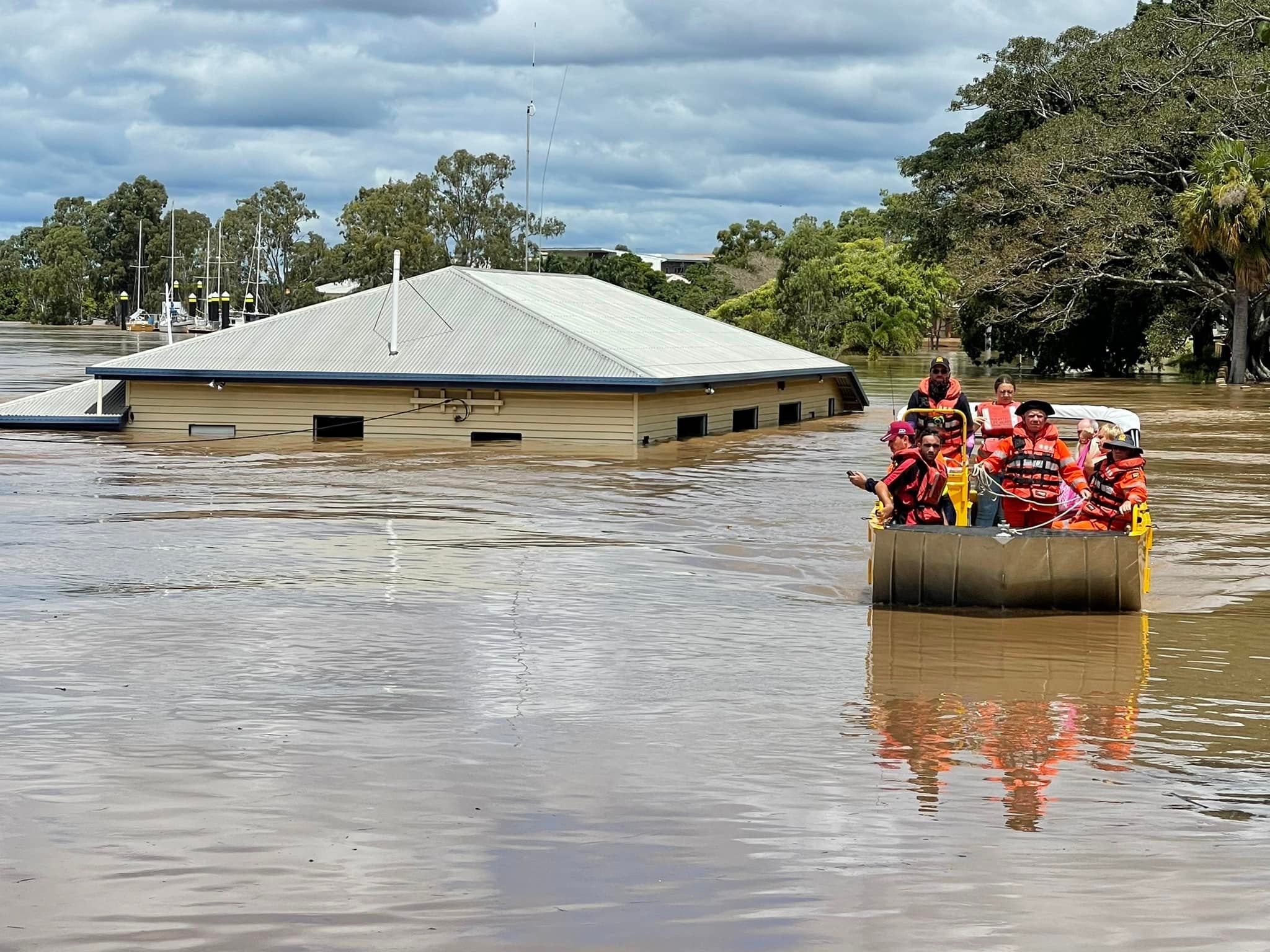
Article by: ACC Australia member, Lori Middlehurst, Sr Director, Global Employment Law (ANZ, ASEAN, Japan and India), Salesforce
“... of droughts and flooding rains…” Those words were used by Dorothea Mackellar over a 100 years ago to evoke a romantic notion of weather extremes. Certainly, with climate change, she would not be so wistful and the crisis that the recent flooding rains have caused requires us all to consider what we can do to help.
The Fair Work Ombudsman has posted the following information sheet on their website but it is important, especially for larger employers, to understand that these are the minimum requirements and they may have opportunities to provide other sorts of assistance as well. Here are a few examples of actions some employers have taken in other crises, both in Australia and overseas. You may want to discuss what is feasible for your company and implement those that may work for you (in no particular order):
- Longer leave for those taking community service leave (SES/Red Cross etc).
- Cleaning/uniform subsidies.
- Paid personal leave for community service.
- Pay differential for those serving in the ADF reserves serving to assist in flood cleanup to make up for the difference.
- Extra annual leave for those who are impacted/volunteering (keep in mind that they may need additional time off long after the immediate crisis has abated).
- While Australian legislation does not provide for the donation of annual/personal/long service leave - if your company allows some cashing out of leave this can be donated to impacted/ volunteering employees to make up for salary loss.
- Adjust sales commission plans for those who are impacted or volunteering - consider whether nonrecoverable or recoverable draws might be appropriate and whether the structure of your sales comp plan will adversely impact them after they return from leave. Also, if any of your sales employees sell to customers who have been adversely impacted, consider whether territory reassignments are needed.
- Assist employees in finding alternate housing. While insurance will generally cover up to 12 months of alternate housing, due to pricing many people in flood zones may be uninsured and teaming up with or utilising your relocation provider can make this process easier.
- Reimburse emergency child care for impacted employees/volunteers when schools are closed.
- Provide technical/administrative assistance to employees who need to compile an inventory of losses for insurance claims.
- The legal assistance sector across Australia is currently organising coordinated pro bono assistance for those who are impacted. Your in-house or external counsel can stay abreast of what is available and provide appropriate referrals to the appropriate agencies (and may donate his or her time to such agencies as well).
- Make it easy for employees to donate - keep lists of appropriate organisations handy and match donations. (for instance www.givit.org.au/storms-and-flooding matches need with donors)
- EAP - review what services are available through your EAP program and make sure that employees are aware of the breadth of services.
- Understand that the impact of losing a home, of volunteering in a crisis, or experiencing being rescued from a life-threatening circumstance may not impact employees immediately. Consider putting in place a permanent mental health program that will continue to provide support to these (and of course other) employees in the workplace.